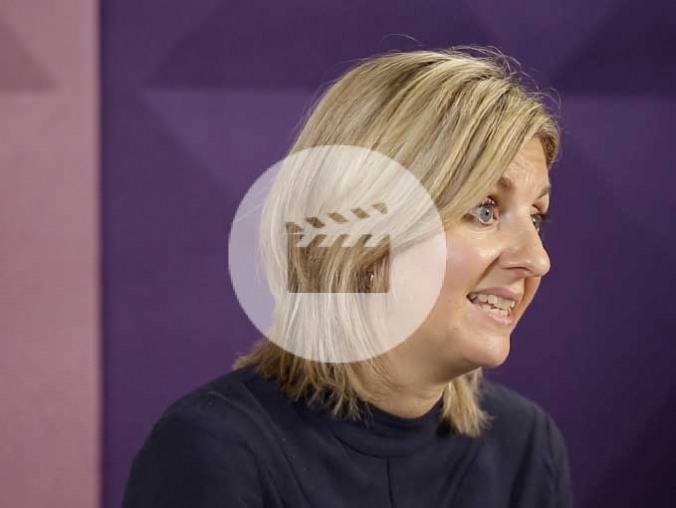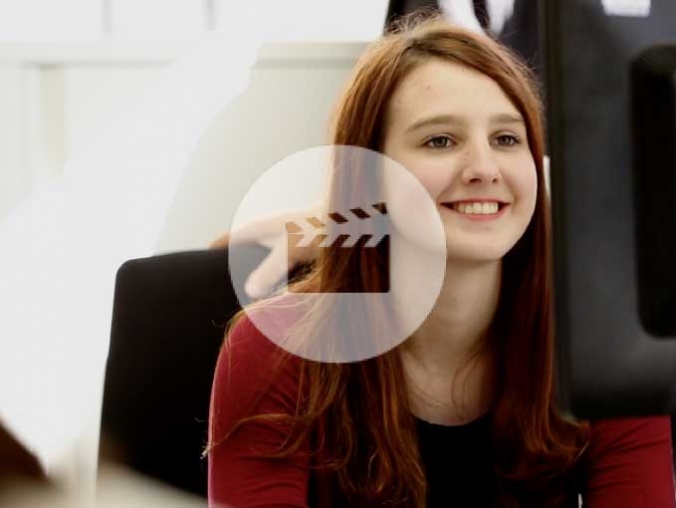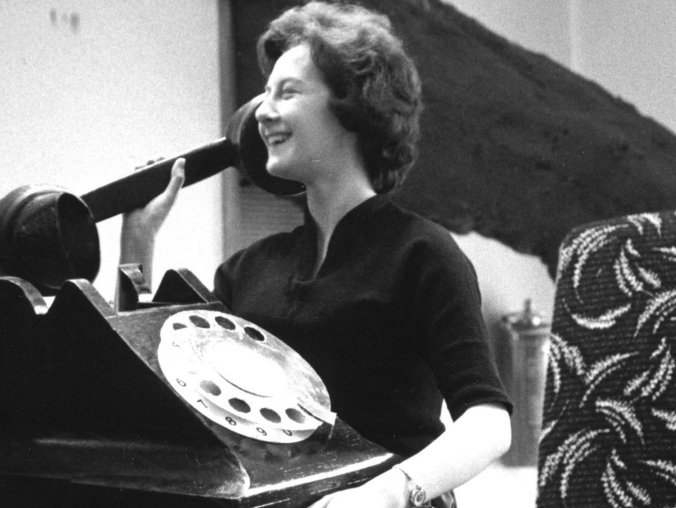

How to save for your children
Pensions offer a simple, tax efficient way of saving money for your children, but what are the alternatives?
All parents want their children to be better off than themselves, and many are prepared to save on behalf of their children to ensure that this happens.
Pensions offer great tax advantages, the investment will have decades to grow, and you can invest up to £3,600 a year on behalf of each child – even though they have no earnings of their own. However, pensions are just one of several tax efficient savings schemes that parents can use. These include a new type of ISA designed to help people under the age of 40 save towards their first home or retirement.
Each scheme has different rules on how and when money can be accessed, so it is important to consider when your child is likely to need financial support. This will involve balancing the attractions of tax efficiency and government bonuses against access to cash. You may even find that all the schemes have a role to play at different stages in your children’s lives.
Pensions
Parents can open a pension for their child as soon as they are born, and contributions will benefit from tax relief at the rate of 20%. So if you pay £2,880 into a pension scheme for your child, it will receive tax relief worth £720. This huge boost is one that most investments cannot compete with.
The pension fund grows generally free of tax. Then when your child eventually retires, provided the rules do not change, they will be able to take up to 25% as tax-free cash. The rest will be taxed at the normal rate paid by your child at that time.
Pensions are designed to hold and grow money for decades, but their long-term nature can be problematic too. Whatever your child’s need for money – to get married or to put down a deposit on a first home – they will not be able to access their pot until the retirement age for private pensions. This is currently 55, but is planned to increase to 57 from 2028, and is likely to continue rising.
Lifetime ISAs
All ISAs enable the investor to earn capital gains and income free of tax, and all the proceeds can be taken out tax-free. But the real attraction of a Lifetime ISA is that for every £4 you save, the government will add £1, up to a maximum government contribution of £1,000 a year, or £32,000 over the possible 32-year term of a Lifetime ISA.
Your child must be aged 18 to 39 to open this type of ISA. They can invest their full allowance, currently £4,000, and continue to add to it until they reach the age of 50.
Investors under the age of 60 can only take money out to buy a first property worth up to £450,000 – if they withdraw the money for another reason, they will have to pay a 25% penalty. After the age of 60, they can use the money as and when they like, providing there are no changes to rules and regulations.
Other ISAs
If your child is too young for a Lifetime ISA, they could start with Junior or Help to Buy ISAs. Children can have a Junior ISA from birth until their 18th birthday, at which point they can withdraw the cash or leave it in place to become an Adult ISA.
Help to buy ISAs are available to people aged 16 upwards who want to save towards their first home. Like the Lifetime ISA, it offers a 25% government bonus, up to a maximum bonus of £3,000.
Your child can have a Lifetime and Help to Buy ISA at the same time, using the bonus from the Help to Buy ISA towards buying a first home, and the bonus from the Lifetime ISA towards their retirement.
More for you

Supporting yourself and your family
Grandparents are playing a bigger role in supporting families financially, but it is important to take your future needs into account
MORE
What happens to your pension money?
Lorna Blyth, Investment Strategy Manager at Royal London, and Trevor Greetham, Head of Multi Asset Investments at Royal London, tell you how they invest your retirement savings to help them grow
MORE
Insight into Work: come and work with us!
Our Insight into Work programme means members and their families can experience work at Royal London. Five of our newest candidates tell us about their time working with us
MORE


